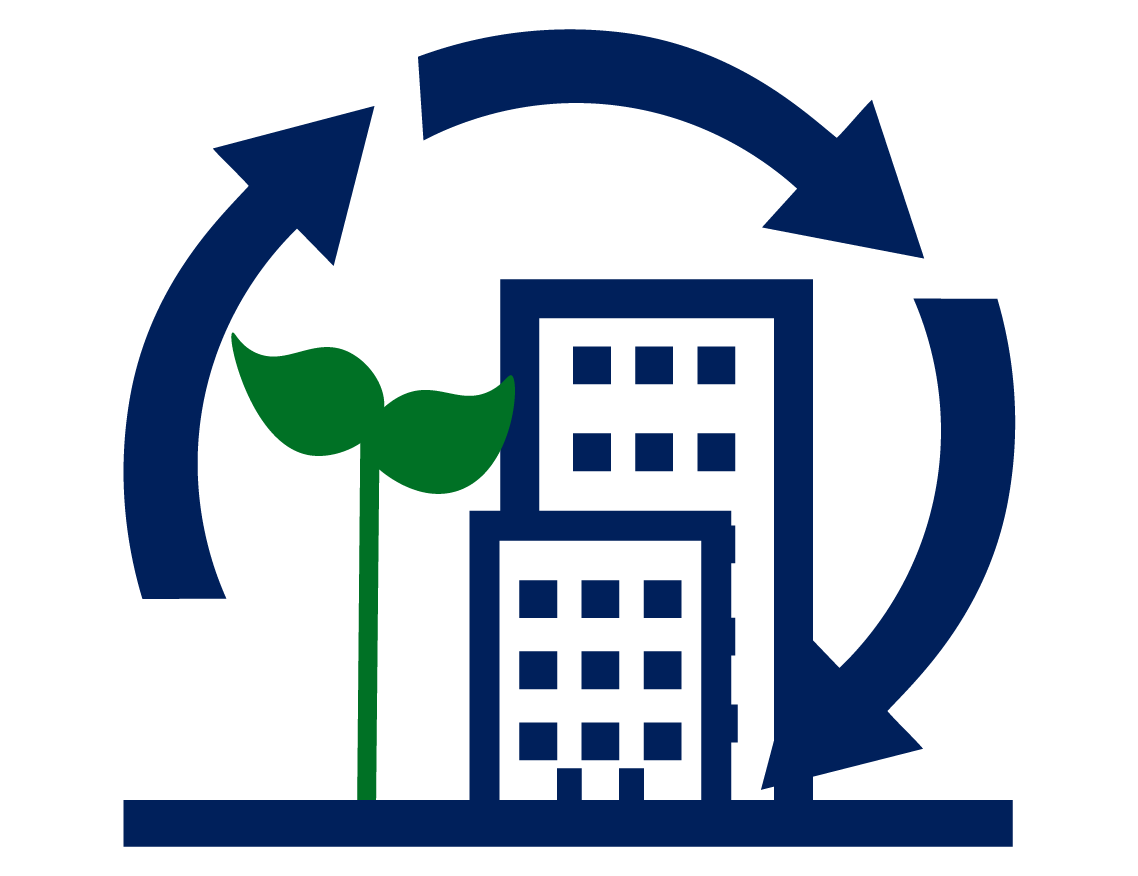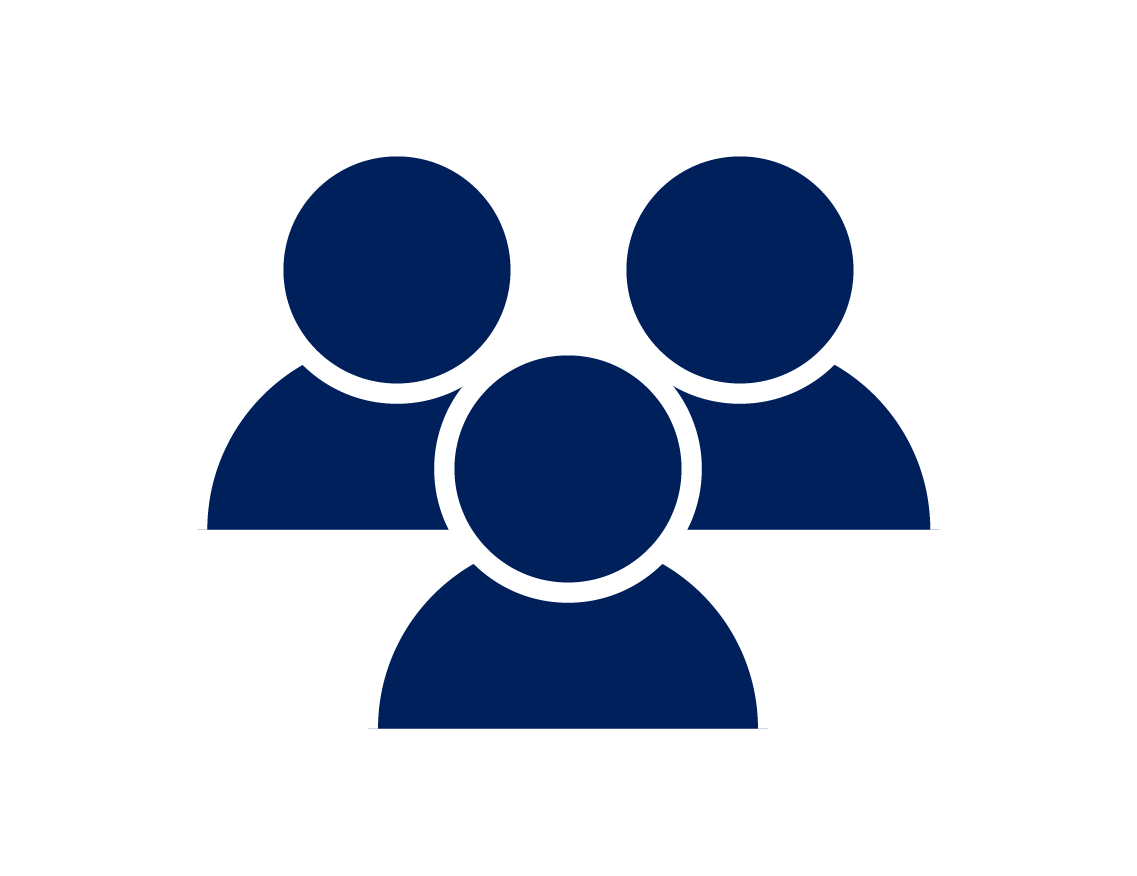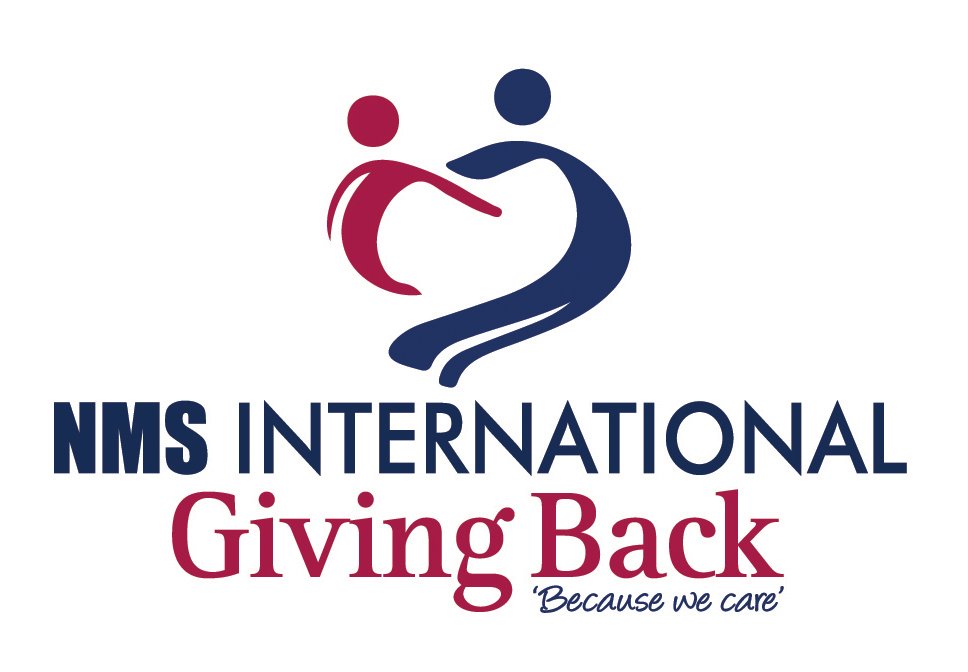NMSI has developed a culture of corporate social responsibility that reflects its work ethos, by understanding and commiting to the overarching aim of socio-economic development for the projects it is engaged on. In addition to conducting an ethical business policy, NMSI is committed to supporting the dvelopment of the countries and communities in which in operates, in ways such as:
Employing and training a local workforce, mentored and supports by its UK offices
Working with local sub-contractors in order to pass on their experience and best practices
Implementing the use of technical advancements in construction and operation
Key Focus
The key focus around all CSR programmes is on Health, Welfare, Education and Youth Sport. Underpinning, but not exclusive, is a child focus; while 4 key fundamentals are considered prior ro working on CSR activities:
PROJECT SUSTAINABILITY
EFFECTIVE RETURN ON INVESTMENT
BENEFITS TO THE COMMUNITY
SUPPORTS COUNTRY DEVELOPMENT GOALS
Case Studies
Working as part of an integrated system, NMSI and its employees and project partners have together delivered a number of successful CSR projects that leverage their skills and experience to delivering tangible benefits to local communities.
Lusaka Rugby Club Training Programme
NMS Infrastructure is proud to have donated two industrial gas stoves and a 45kg gas cylinder to Lusaka Rugby Club’s ‘Sunday Kids Feeding Programme’, that provides up to 100 children from the local community with a cooked meal.
The initiative provides local children with the opportunity to develop their rugby skills, as well as offering talks on issues surrounding drug and alcohol abuse. The donated goods will help to assist the Rugby Club in the challenges they were facing in preparing meals and will be less harmful to the environment.
Tawona Kalunga, a representative of the Lusaka Rugby Club, said, ‘I would like to thank God and ask God to continue blessing the sponsors NMSI for this great helping hand. NMSI has sponsored our gas stoves and cylinder, which is a lasting solution to our existing challenge.’
Local Artist Paints Mural at Mambwe District Hospital
Rabson Ngalanda, a local artist in the Mambwe District, painted a large mural on the Paediatric Ward at Mambwe District Hospital, the first District Hospital to be constructed as part of NMSI’s Zambian Healthcare Programme.
Starting on 7th December, Rabson’s work finished in January, with a range of colourful paintings depicting scenes of children playing, local wildlife and famous animated characters.
“I am so grateful that I was given this rare opportunity”, said Rabson. “I got the inspiration from different families around the Mfuwe community… All of the pictures in this section of the hospital are famous cartoon characters and some are imaginations of the wild here in South Luangwa. Art is a healing process and a picture on the wall speaks a thousand stories.”
“I grew up in the Mambwe District… I feel building this hospital in Mambwe District will contribute positively to citizens of this area and surrounding districts hugely.”
Kanakantapa Community Trained in the Making of Reusable Sanitaryware
NMSI was proud to donate materials to the Women Entrepreneurs Development Association of Zambia (WEDAZ) in the making of reusable sanitary towels in the Kanakantapa community of Chongwe.
WEDAZ undertakes training for women and youth in local communities, empowering female members in the development of reusable sanitaryware. In Kanakantapa, the organization trained a total of 320 women across four days.
Natasha Mumba, Community Team Leader, reiterated their mission, stating, ‘we shall see to it that every woman is covered with reusable pads and no woman and youth shall lack during menstruation.’
Miya Zulu, a representative from WEDAZ, stated, ‘we shall cherish this with all we have… May the good Lord continue blessing NMS for the donations to helping women of the Kanakantapa community. I am excited as this empowerment is going to go a long way.’
Meanwhile, Grace Mwale, a further WEDAZ representative, emphasised, ‘this programme will not just teach our women and youth on how to make these reusable towels, but it shall also empower them. They will be the first group to produce these towels and to sell to communities, making all the women and youth of this community financially independent.’









